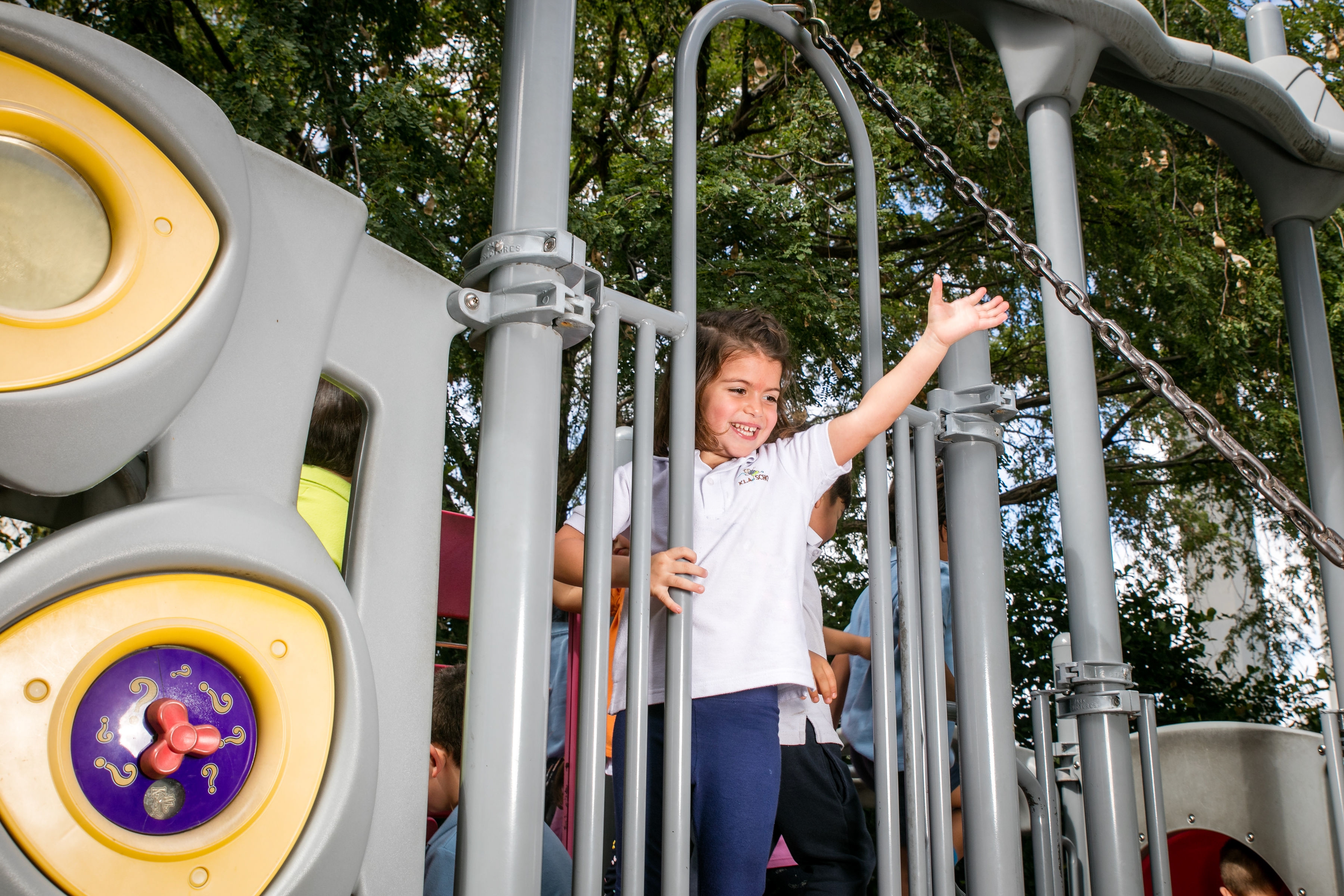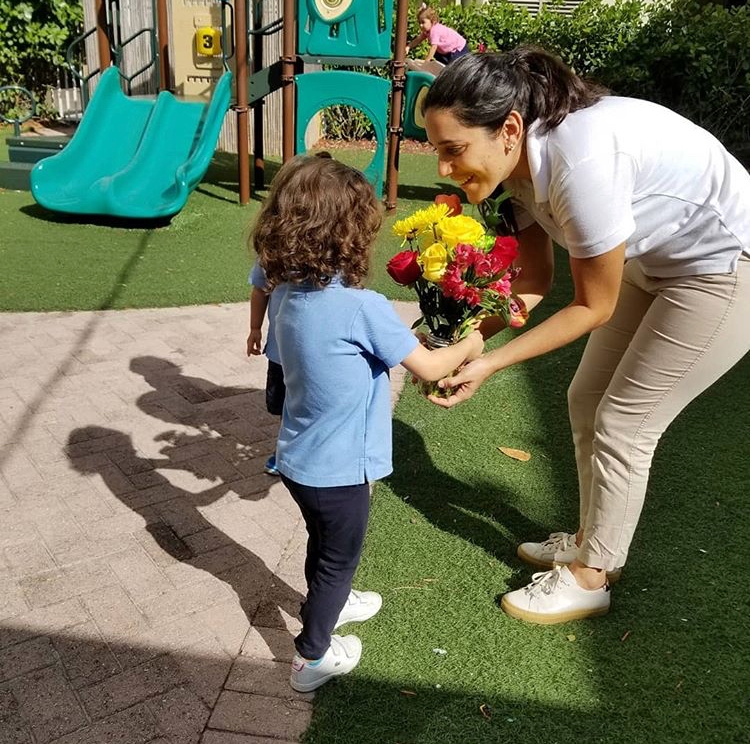Why we shouldn’t force children to apologize
Topics: Child Development
Age Range: Preschool
Teaching our children to apologize and say sorry may seem like common sense parenting. However, simply forcing a child to say “I’m sorry” doesn’t teach the desired skill which is the development of empathy.
Sometimes children are forced to apologize without a true understanding of the nature of an apology. When we force children to say "I'm sorry" we're not teaching them the meaning of those words, much less helping them to understand and feel empathy for others.
The foundation of an apology is empathy. An apology is most appropriate when we are able to take into consideration the other person’s feelings.
In many cases, children learn to say "I'm sorry" as a way to avoid being punished. Children are still learning to identify their own emotions and are apologizing solely to avoid a negative consequence from adults.
We shouldn’t force children to apologize, as they would be asked to say something without truly understanding its meaning. As adults, we have to defend the rights of our children and respect their own pace.
It’s important for children to understand the power of an apology, as it is related to the consequences of their actions and how those actions impacted the other person. What we really want is for our children to create a sense of awareness and for them to be ready to say this word when they understand its meaning.
Eventually, children will create powerful connections where they will be able to gradually build their concept of empathy and learn the value of an apology through respect and love.
Raquel Roa
Assistant Director of Professional Development
Follow Raquel’s personal blog on WordPress, Twitter, and on Facebook.

